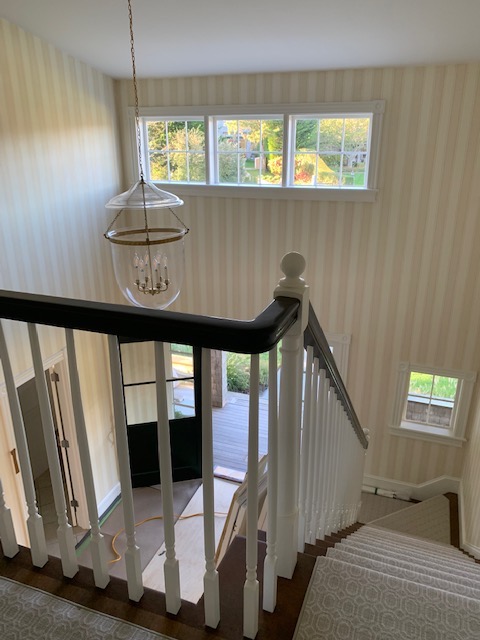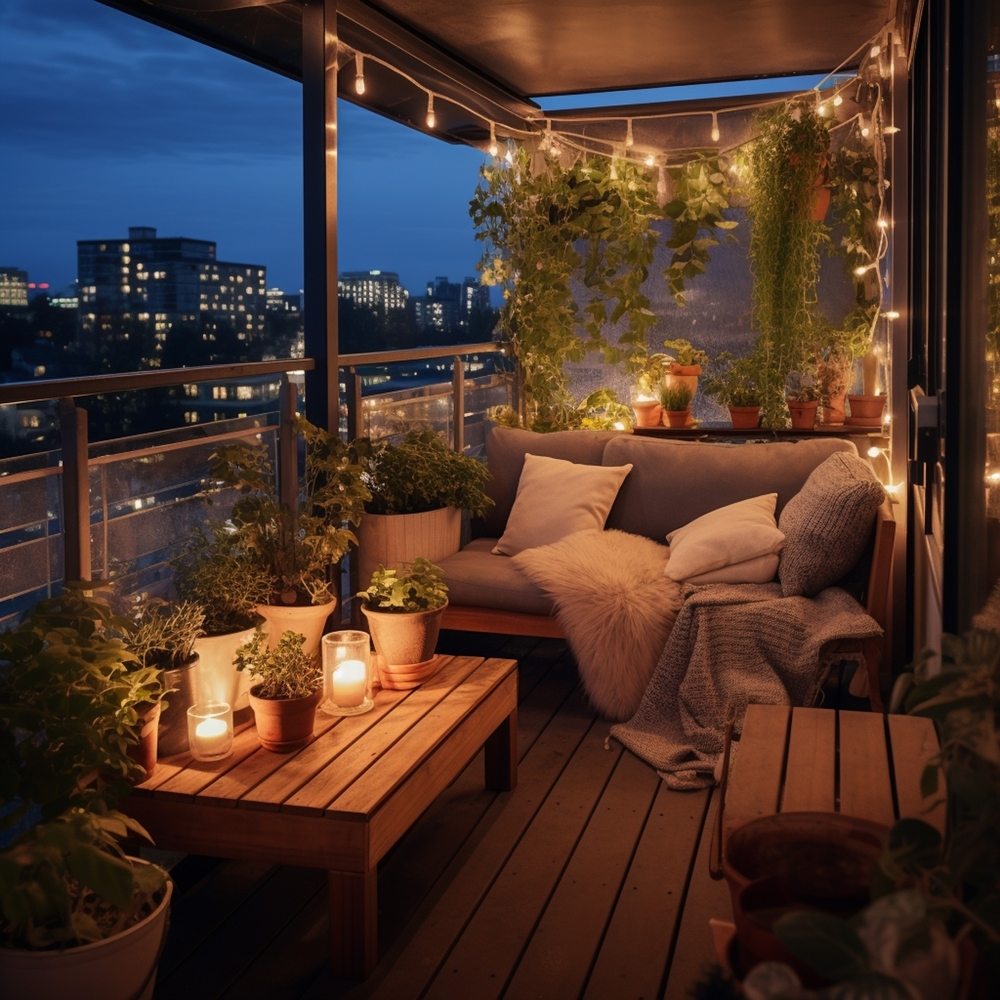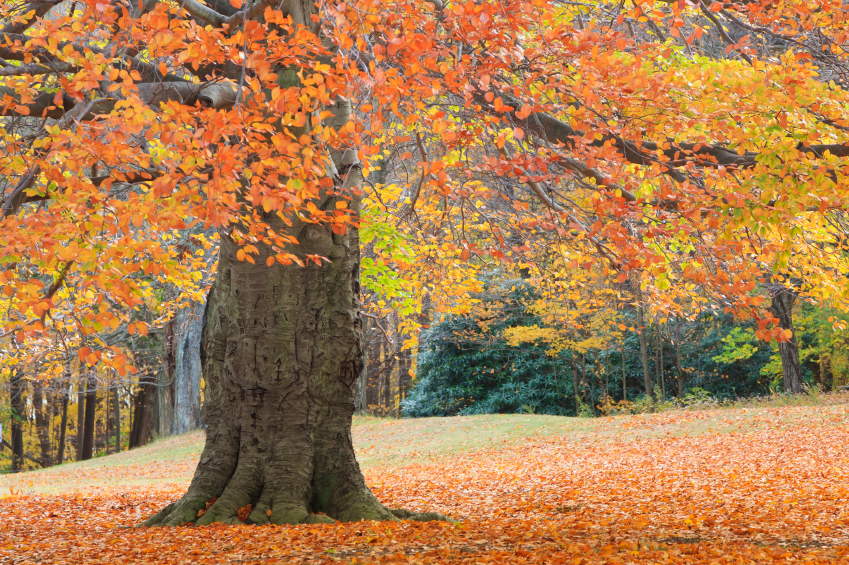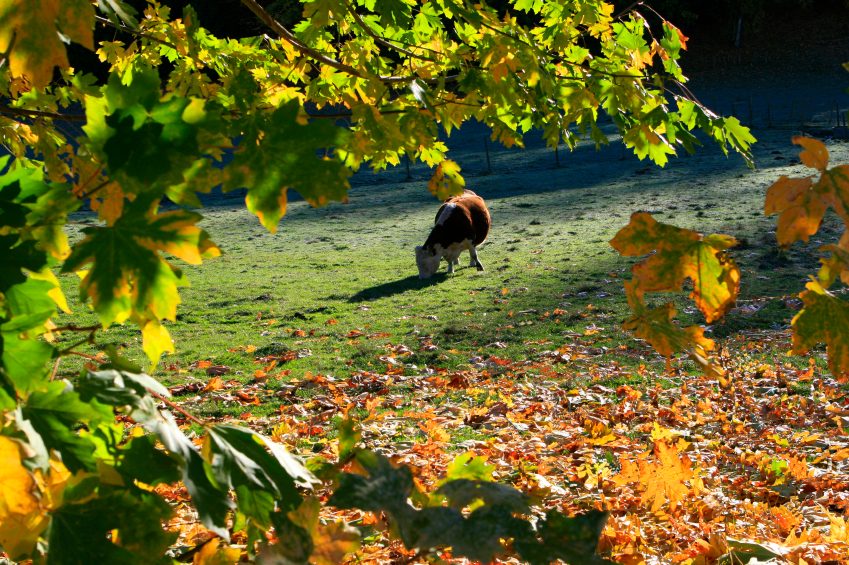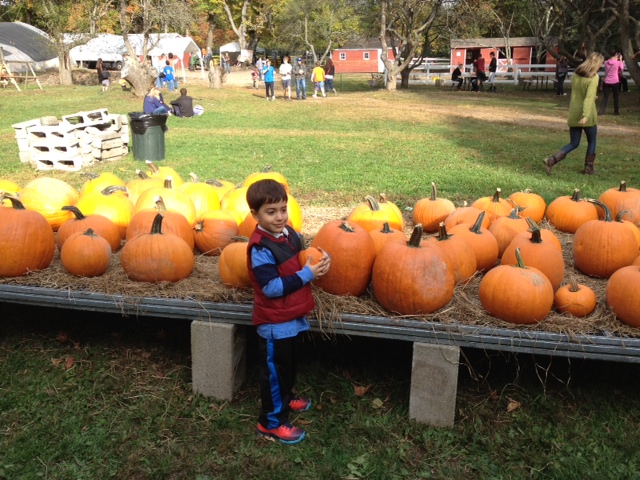I’ve recently made a promise to myself to unplug more often from the internet, social media and my i-phone. While I value the ability to stay in touch with my business, clients, family and friends, it’s too easy to spend a day emailing and texting and not have any thing accomplished at the end of it. I was encouraged in my resolve when I watched an episode of Bill Moyers on PBS that aired October 18, 2013, with MIT professor, author and clinical psychologist Sherry Turkle.
In her book Alone Together: Why We Expect More from Technology and Less from Each Other, Sherry Turkle says, “As we instant-message, text and Twitter, technology redraws the boundaries between intimacy and solitude…We discovered the network–the world of connectivity, to be uniquely suited to the overworked and overscheduled life it makes possible. And now we look to the network to defend us against loneliness, even as we use it to control the intensity of connections.”
She describes groups of people in classrooms, meetings and social gatherings, all on their phones, as “there but not there.” Where people used to speak to each other when they had down time, now they use it to catch up on e-mails. Time to read, time to talk, time to see the world around us, has been replaced with a screen. With our attention elsewhere, we don’t interact with the people who are next to us.
Watch the Bill Moyers interview with Sherry Turkle here, where she discusses the problem of constant interruptions. She says that technology promises us that we never have to be alone, never have to be bored, and that we can always be heard by someone, somewhere.
For an opposite approach to life, that of mindfulness and being present, Pema Chodron talks to Bill Moyers about the value of not only powering down our electronic devices, but also quieting our minds. According to Chodron, spending time in solitude each day through meditation makes room for new experiences. It’s an excellent antidote to our fast-paced, constantly connected lives. She says that even when her mind won’t stop its chatter during meditation, she still thinks more clearly when she is through.
Comedian Louis C.K. has refused to buy cell phones for his children, which he considers especially toxic for young people: “You need to build an ability to just be yourself, and not be doing something. That’s what the phones have taken away–the ability to just there like this. That’s being a person, right?” Watch him talk about it with Conan O’Brien here.
Turkle refers to the seduction of being constantly connected and endlessly entertained as “moments of more, and lives of less.” She asks us if technology is offering us the lives we want to lead? And if not, what can we do about it?
Ironically, Bill Moyers turned to his Facebook audience for advice on how to unplug. Here’s what they had to say:
Create Sacred Spaces: Make the kitchen and dining room a device-free zone. Turkle espouses this idea, but warns parents that it will be impossible to do if you wait until the children are teenagers to institute it. Start when they’re young, and set a good example.
Collect the Phones: Some people have had success with putting a basket on the table by the front door, and collecting phones as people come in. If you like, you can add a sign that says, “Place your devices here so we can socialize while we visit with each other.”
Develop Self-Discipline: People are becoming more conscious of their constant cell phone use, and are making it a rule for themselves not to text or email when they’re with friends and family.
Embrace your partner: Turn off the phone and kiss, says Bradley Harper. And repeat.
A writer I admire is Richard Louv, author of the international bestseller Last Child in the Woods. In that book, he warned of the dangers of children growing up with what he called “nature-deficit disorder,” and inspired an international movement to reconnect kids and nature. In his next book, the Nature Principle: Human Restoration and the End of Nature-Deficit Disorder, ” he speaks this time to nature-deprived adults. He says that our society has developed an outsize faith in technology, and that we are leaving behind the power of the natural world.
He encourages all of us to find our “one true place” in the world, a piece of land or water that calls to us. For me, Nantucket has always been my “one true place;” my home on Long Island Sound is another. Not all of us are blessed with living in the region of our choice, but Louv says we can make our home our “one true place” by discovering and becoming fully immersed in our own bioregion, bringing more nature to our homes and gardens
I’m reminded of a remark I heard from Chris Luebkeman, an educator and director for Global Foresight and Innovation at Arup, a professional services firm. At the Design Futures Council meeting I attended this fall, he spoke about email overload, and said, “My inbox is full. If you need to be in touch–call me.”
Let’s all see if we can’t empty our inboxes, and unplug for the holiday season. I’m looking forward to quality time with the people I love.

